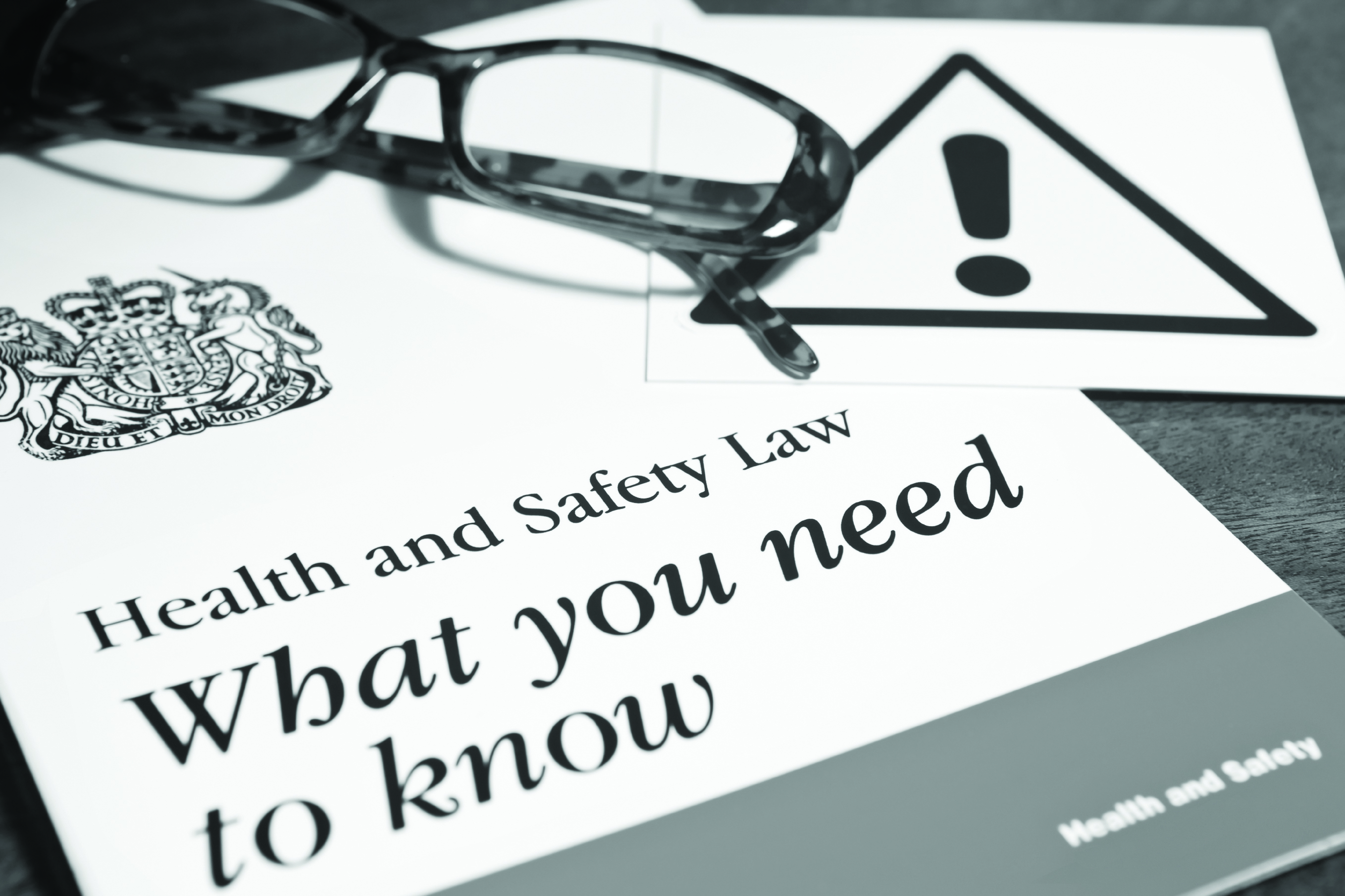The HSE has issued guidance regarding the testing of lifting and pressure equipment during the coronavirus outbreak.
The intention is to remind businesses with this equipment of their legal obligations, and how these can be maintained during the unprecedented circumstances we find ourselves in right now.
Your legal obligations continue
During the coronavirus outbreak, the statutory requirements for thorough examination and testing (TE&T) of equipment remain in place, to ensure workforces and others remain safe, avoid physical harm and dangerous situations, and businesses avoid further disruption to their operations.
This guide is designed to provide an overview on how to maintain thorough examination and testing during these difficult times.
Why is this a problem right now?
Industries across the country are finding it difficult to comply with their statutory requirements for thorough examination and testing (TE&T) of plant and equipment, to meet their duties under the Lifting Operations and Lifting Equipment Regulations (LOLER) and Pressure Systems Safety Regulations (PSSR).
- There are fewer engineers available to carry out TE&T as a result of Covid-19, either through sickness or self-isolation
- Engineers are refusing to attend premises to carry out TE&T as they are concerned about social distancing requirements on-site
- Plant and equipment owners (duty holders) feel it is unsafe to allow visiting engineers on-site while maintaining social distancing in the workplace. They are therefore refusing access to their premises.
- Plant and equipment due to be tested cannot be inspected for TE&T if a site or workplace is closed due to Covid-19 restrictions.
This in effect means either competent people are not available or will not attend sites to carry out tests, or duty holders are not allowing or are not able to offer access to equipment for testing.
However, testing is vital to assess the operational safety of equipment, where deterioration can lead to injury or other harms listed above.
What does the HSE expect?
- As a duty holder, you should make all reasonable efforts to arrange for TE&T to be carried out within statutory time limits
- Inspection bodies should have timely access to equipment to be tested
- You should work with the inspection body to manage appropriate social distancing in the workplace, satisfying your business needs and those of the inspectors, in-line with the government advice to manage the spread of coronavirus
- If your business is currently closed, consider allowing access to your site now so equipment can be tested before you re-open. There may be further delays after you re-open before equipment is tested, as you won’t be allowed to operate until equipment has been subjected to TE&T.
- Make reasonable attempts to source an appropriate engineer from another provider, if your inspection body is unable to provide engineers in the current circumstances.
Some workplaces (such as those manufacturing medical supplies or large food retailers, for example) could be prioritised when it comes to inspecting equipment during the current Covid-19 restrictions. This means smaller or less 'essential' businesses might find it more difficult to source available engineers during these times, for example.
So, if a thorough examination of equipment cannot be undertaken for practical reasons - in spite of reasonable efforts to allow for this to happen - the HSE has advised that a robust, risk-based approach to decision making will need to be in place to allow for the continued operation of any plant or equipment outside of statutory requirements. Decisions made should be documented, allowing the HSE to take a pragmatic and proportionate approach towards any enforcement made for non-compliance.
The guidance, in full, from the HSE is available here.
If your business needs any help or advice on these issues, please contact the Risk Management team at Bollington on 0161 929 1851 or email riskmanagement@bollington.com for further information.








